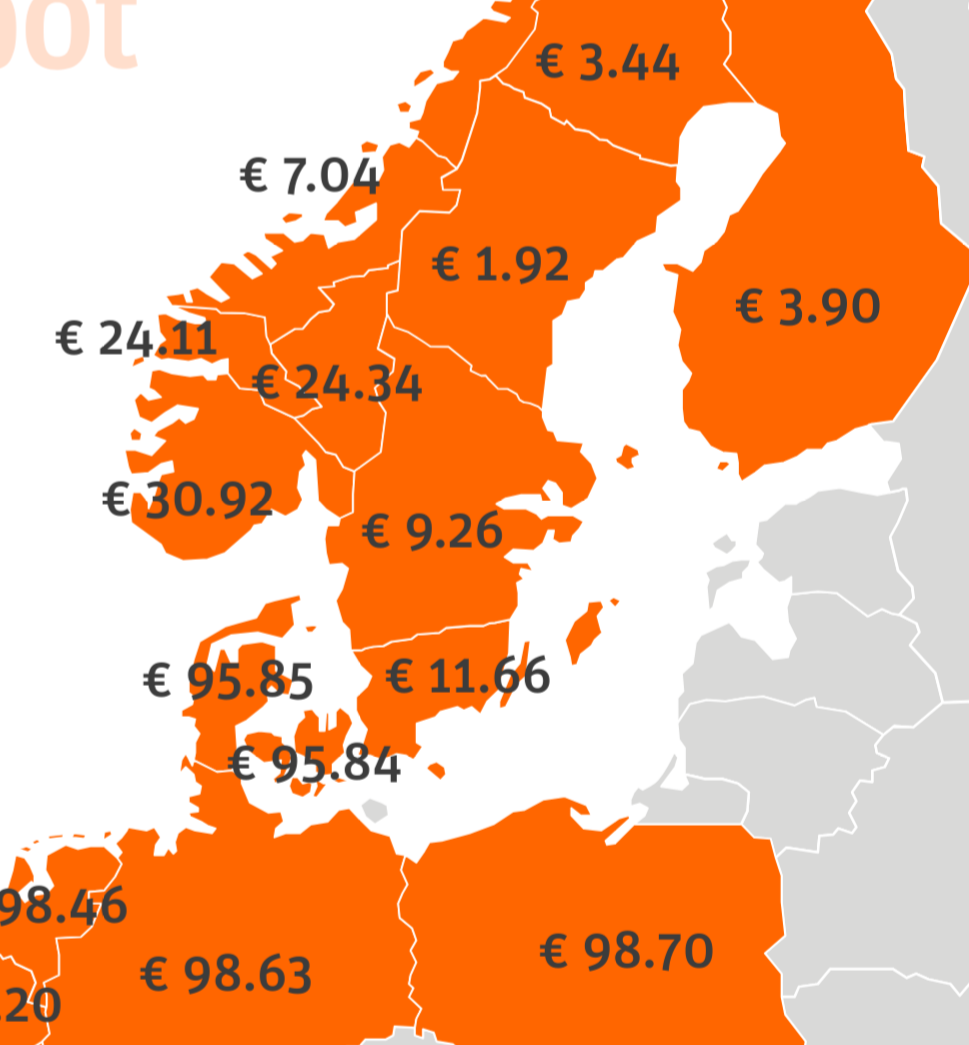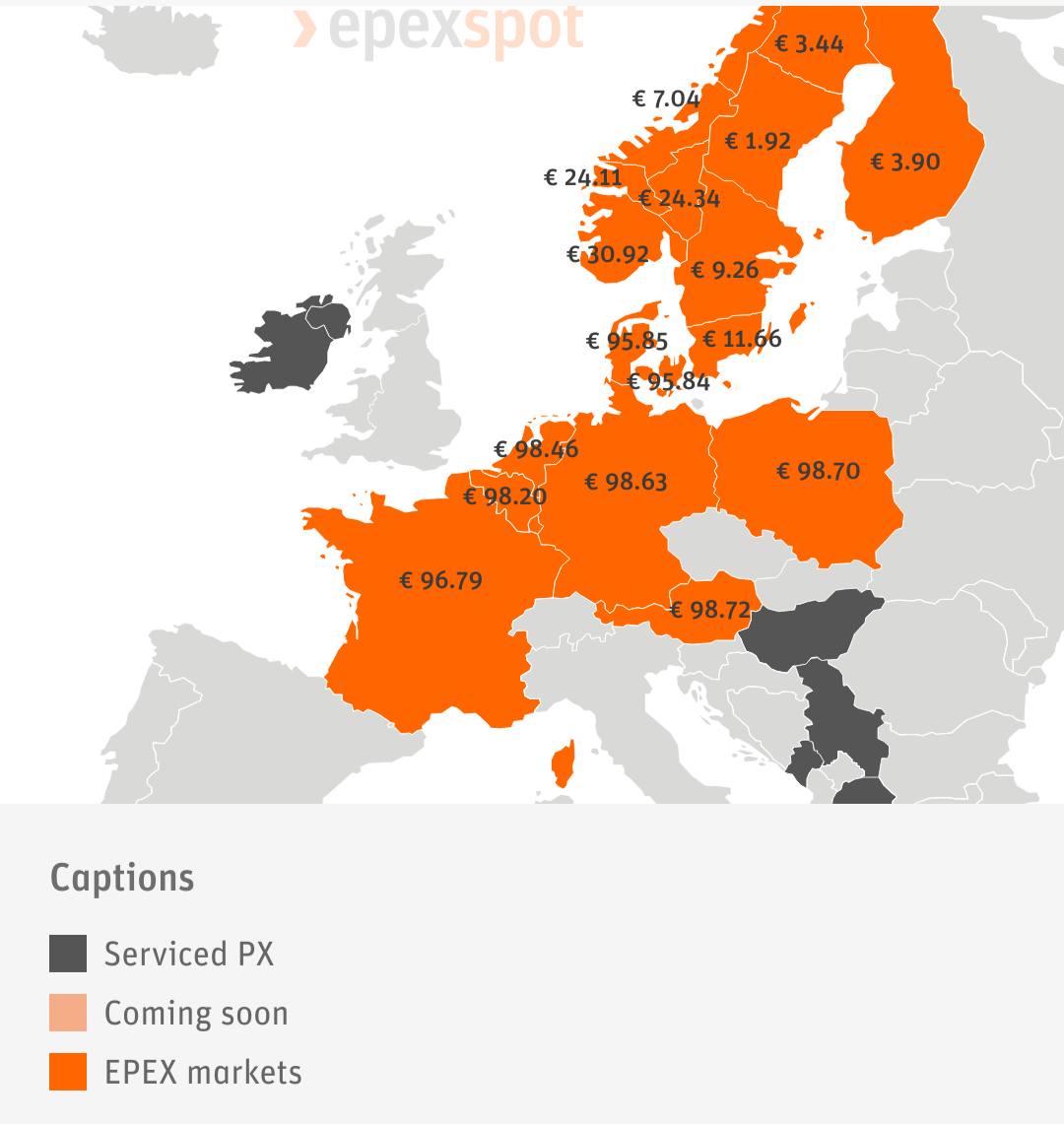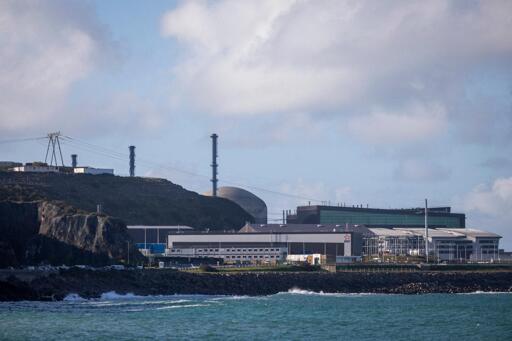Summary
France’s Flamanville 3 nuclear reactor, its most powerful at 1,600 MW, was connected to the grid on December 21 after 17 years of construction plagued by delays and budget overruns.
The European Pressurized Reactor (EPR), designed to boost nuclear energy post-Chernobyl, is 12 years behind schedule and cost €13.2 billion, quadruple initial estimates.
President Macron hailed the launch as a key step for low-carbon energy and energy security.
Nuclear power, which supplies 60% of France’s electricity, is central to Macron’s plan for a “nuclear renaissance.”
For additional context, one of the reason for the delay and cost increase was the absurdly complex design due to French and German companies trying to collaborate on a new design as Germany was turning anti-nuclear, which culminated with Germany deciding to stop nuclear energy after the Fukushima Daiichi event.
Another big reason is the knowledge loss due to almost one generation without any reactor built in between.with Germany deciding to stop nuclear energy after the Fukushima Daiichi event.
Hey, you don’t know where the next tsunami will happen. Have to be proactive.
The real irony being that all Japanese reactors shut down due to the quake as designed, and the tsunami wouldn’t have been a factor had money not been saved by shortcutting backup generator protection from flooding in a FLOOD ZONE.
It’s totally logical even aside from the economics. The consequences are too great, which is why nuclear plants are uninsurable. You think this French plant and Vogtle were expensive? Imagine if they had to be insured like everything else in our society. But they can’t, because no insurance company is large enough. By default the public ends up footing that cost to the tune of trillions.
If you exclude the early phases of nuclear development, and later accidents that happened due to bad management, how dangerous is well run nuclear energy? Maybe it’s not the form of energy generation that’s the problem.
Maybe if the difference between “just an expensive technology” and “deadly disaster impacting the lifes of millions of people” is some bad management and poor regulatory oversight, it is not a technology fit for the use of current humanity.

Personally, drag is pick-your-battles-nuclear. That is to say, scientifically it’s a good technology, but fighting a political battle to get nuclear cheap enough to compete with wind and solar is pointless. Advocating wind and solar is much more efficient in terms of political effort spent.
Now do Georgia’s Vogtle reactors 3 and 4, which came in at 34 billion for 2 x 1200mw plants, 21 billion over the original 14 billion estimate, and took over 14 years to build, 8 years behind schedule.
Im glad these powerplants finally got built. They will help, but nuclear is just not reasonable anymore. Its a slow, expensive tech, especially when we are making such leaps and bonds with solar/battery.
Solar is not sustainable. Maybe one day but today’s panels will all have to be replaced in a few decades. For now it’s a way to bridge the needed to go fully nuclear.
Even if wind and solar make huge progress, they will likely never be as efficient regarding raw materials efficiency and land use. Land use is the main contributor to biodiversity loss.
I don’t think peremptory opinions about technologies are going to help. We should use what ever technology is the most reasonable and sustainable for each specific location.
Total land used for all power to be supplied by solar would be a hilariously tiny percentage of land, so this just reads like a solar version of “its killing birds” to me.
Agrivoltaics also side steps this non issue, as interlacing solar panels into farm land increases yields for many crops while making efficent use of space that’s already spoiled any biodiversity. Can you do that with a nuclear reactor?
Nuclear could take over existing coal plants which would allow use of otherwise unusable land that’s been polluted by coal. It would require regulatory changes though, as the coal plant is already irradiated beyond allowed levels for nuclear.
Yeah in a perfect world based on some rough data you could supply the entire planet’s energy requirements with a solar plant about 300,000 square kilometers, or basically the size of Arizona, which translates to about 0.2% of the total landmass on earth. That being said, I’m curious what a solar plant the cost of this nuclear plant would look like, and where they’d put it. I think centralized vs distributed land rights and compensation is really tougher than the tech at this point.
It’s slow expensive tech because we don’t invest in it.
Every technology is slow and expensive when you have nearly an entire generational gap in knowledge and experience.
You’ll know that I’m not saying solar and wind are not cheaper, they all exist in a different capacity and fill in the gaps they best fit.
A technology will also continue to be slow and expensive when you have rich and powerful entrenched and ossified business interests (the fossil fuel companies) who BENEFIT from said technology being slow and expensive, and doing everything in their power to KEEP it slow and expensive, up to and INCLUDING fraud, graft, bribery, and blackmail.
At least this one is on the coast so it can still run when the rivers dry up.
But holy shitsnacks 3½ times slower than planned and 4 times more expensive. No wonder no new nuclear power plants have been built in a generation when the ones coming online now were all delayed by a generation.
4 times budget sounds more than it is. You have to underbid to actually get contracts for construction and then it also depends on what was actually missing in the specification.
Big projects are never on budget because the budget is just an arbitrary number of lowballing the best case estimate
As others have mentioned, it isn’t for a practical reason. Nuclear is not that difficult to build. Look at China. Certain groups (funded by dirty energy companies) have pushed an idea that nuclear isn’t safe and had more and more bureaucracy and regulations pushed onto it. Sure, some is needed, as it’s also needed for other sources. Nuclear has been strategically handicapped though because they know it’d destroy their business if it’s able to compete on a level playing field.
Certain groups (funded by dirty energy companies) have pushed an idea that nuclear isn’t Safe
Nuclear isn’t safe. You should still not pick mushrooms in parts of germany because it isn’t. It’s an inherently dangerous technology, which you can only try to mitigate.
Nuclear has been strategically handicapped though because they know it’d destroy their business if it’s able to compete on a level playing field.
Nuclear can only work because it is heavily subsidized. If it had to compete on a level playing field, not a single plant would ever have been built in history, as they are uninsurable on the free market and no investor would touch them with a stick without huge government guarantees.
It’s the most expensive form of power generation there is, and in 2024 with renewables as good as they are it is just plain unnecessary to sink resources into this dead end.
Nuclear isn’t safe.
By amount of power generated, compared to other sources, yes, it is, and it’s safer now than ever in the past. The only source of power safer is large-scale PV.
https://www.visualcapitalist.com/cp/charted-safest-and-deadliest-energy-sources/
https://www.statista.com/statistics/494425/death-rate-worldwide-by-energy-source/
If you want to disagree, provide some sources. Sure, some disasters have happened, but even those haven’t been as bad as portrayed and the risks have been significantly mitigated, to the point where it’s practically impossible to happen again outside of very specific circumstances. The fact you can’t eat mushrooms in some places in negligible compared to the entire world being damaged by coal and other dirty energy.
Nuclear can only work because it is heavily subsidized.
This is total BS. It’s only unprofitable for a few reasons only nuclear has to deal with. They have a lot more regulations and stuff they have to pay for. For example, all nuclear waste is contained and stored by nuclear power generators (in the western world at least). They have to pay for this. No other power source has to pay this cost. They just release the waste and it’s a negative externality everyone else has to deal with, but not them.
For a visualization of this, check out this graph from wikipedia:

(Edit: embed didn’t work for me at least, but this one.)
The cost of Nuclear went up over time, despite the technology advancing. Why? Because more regulations were passed to force it to cost more. That’s the only reasonable conclusion. It didn’t get more difficult to perform nuclear fission. It should, at minimum, be cheaper than coal and offshore wind.
Hey, you left out this Wiki page
https://en.m.wikipedia.org/wiki/List_of_nuclear_power_accidents_by_country
At least 57 accidents and severe incidents have occurred since the Chernobyl disaster, and over 56 severe incidents have occurred in the USA. Relatively few accidents have involved fatalities, with roughly 74 casualties being attributed to accidents and half of these were those involved in the Chernobyl nuclear disaster.
Yeah, this doesn’t say what you think it says. More people fall off of rooftops installing solar panels than casualties are caused by nuclear accidents.
Well I ain’t going to simp for nuclear, oil, gas or coal.
If you’re anti-nuke, you’re probably already simpling for oil, gas, and coal.
Good. Germany made a huge mistake for themselves and for all of Europe in shutting down their nuclear plants.
Except they were basically beyond design life.
And every new plant comes decades late and 4x the original budget.
But they planned on replacing it with natural gas. Not to mention that it was supposed to be Russian gas. Sweden pays for the shitty decisions in Berlin.
Sweden pays for having not enough inner country power lines. Look at the differences within their various market zones.
Case in point, base load prices for today:

Expanding the transit lines at this point would only lead to German industry purchasing even more Swedish electricity, driving up the prices in the north of Sweden as well and killing the rest of the industrial base. The German effect deficit is larger than the entirety of the dispatchable electricity capacity in Sweden. In some 5-10 years, the northern surplus there will be used up anyway due to the electrification of the Swedish steel industry.
The ugly truth is that this situation will only be resolved when Germany take responsibility for their own grid, or the transmission lines get cut. The Swedish economy is highly electrified (~70% of energy consumed) and low carbon (~80% of energy consumed), especially when compared to Germany (~35% of energy as electricity, 25% low carbon).
One of the main differences is heating. Economically vulnerable Swedes are literally being driven out of their homes because of German electricity imports, which are enforced by the EU.
Funny you mention market zones. They are an eu invention and we are forced to match prices because Germany can’t pull they’re own weight in the energy market.
Not to mention that the eu mandated market zones only applies when you aren’t Germany, because of reasons.
EPEX SPOT SE is a company under European law based in Paris (France) with offices in Amsterdam (the Netherlands), Berlin (Germany), Bern (Switzerland), Brussels (Belgium), London (United Kingdom), and Vienna (Austria).[1] It operates the power spot markets for short-term trading in Austria, Belgium, Denmark, Finland, France, Germany, Great Britain, Luxembourg, the Netherlands, Norway, Poland, Sweden and Switzerland.
Not to mention that the eu mandated market zones only applies when you aren’t Germany, because of reasons.
I don’t see yet how one would arrive at that conclusion regarding EPEX. Please explain.
Germany doesn’t have market zones. Cause it isn’t in their interest to have them.
I’m counting nine countries though that don’t have market zones:

And I’m not sure yet how high prices (or rather not high prices at the time of the screenshot) in southern Sweden are linked to Germany not being separated into more than one zone. If Sweden could transport their energy from North to South, the South would be able to use the cheaper energy from there, but apparently that isn’t possible at the moment.
Yeah, but the decision was made in 2011 after Fukushima, and before the Russian invasion in 2014. At this time it did make sense, gas was much cheaper and Germany still had an has no long term plan to deal with the nuclear waste.
How does it make sense to compare yourself to a natural disaster that would be impossible on German land? Central Europe doesn’t lie on one of the biggest fault lines in the world.
However, if you start talking about putting nuclear plant on Iceland you might rise a few eyebrows.
They didn’t stop buying gas until the invasion 2022. Im not even sure that they don’t do it now, just cant admit to it publically. And as a swede, i find it incredibly naive to trust any Russian government ever in the history of ever. There has never existed any trust between russia and Sweden/Finland. Only mutual assurance.
The entirety of all nuclear fuel waste ever produced and that would be produced after 2000 years of fully nuclear energy produce and consumption at current rates wouldn’t fill a mid sized van.
The nuclear waste excuse is oil industry propaganda, and you should feel bad for repeating it without getting a paycheck.
Wow, that’s good news! I guess we can just pay residents some rent to store the 4,925 40-foot containers full of
nuclearharmless waste in their backyards then. Years of planning from scientists and engineers and millions of spending could have been avoided if the experts would have just read the comments on the internet!The estimated amount of nuclear waste in Germany after shutting down all nuclear power plants is 29,000 m3 for high-level waste and 300,000 m3 for low- and intermediate-level waste.
That includes individual storage containers, which wouldn’t be needed if you oil loving freaks wouldn’t have required the most inefficient storage solutions in order to intentionally drive up costs. The actual waste is several orders of magnitude smaller.
[Star Wars meme]
Princess(?): 12 years of extra safety and sustainability, right?
Young Darth(?):
Princess: Right?
Darth:







